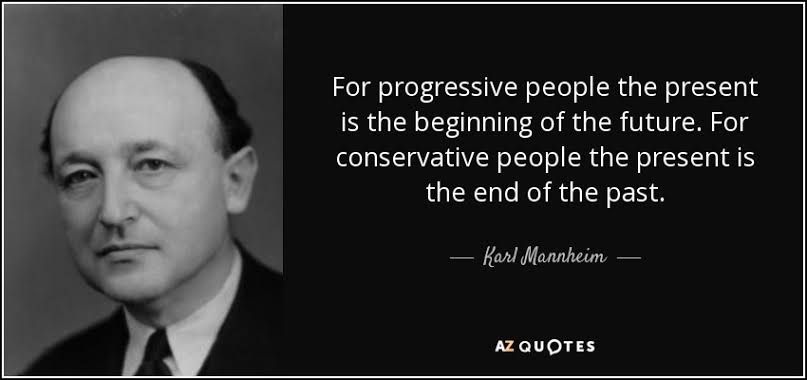Generations :Past, Present And Future
Apr 04, 2019 • 24 views
More than often, people are seen to casually use the term, 'Generation' in conversations.
A look deeper in this seemingly innocentword,provides a promising subject to know of. In simplest of our understanding, generation is a mode of labelling or putting a marker over time.
The Theory of generations (or sociology of generations) traces back to studies by Plato to the more modern, Karl Mannheim in his 1928 essay, "The Problem of generation ".
In his theory Mannheim claims ,"people are significantly influenced by the socio-historical environment (in particular, notable events that involve them actively) of their youth; giving rise, on the basis of shared experience, to social cohorts that in their turn influence events that shape future generations."

The American History has the following generations in record,with it's formative events.
•The Lost Generation (1883-1900)
-World War I
•The greatest generation a. k. a
G. I generation (1901-1927)
-Great Depression
-World war 2
-Pearl Harbour
-FDR's new deal.
•The silent generation a. k. a
the lucky few(1928-1945)
-Post war 'American dream'
-Korean war
-McCarthyism
-Cold war/bomb shelters
•Baby boomers a. k. a
rock n roll generation (1946-1964)
-Vietnam war/protest
-Watergate/nixon resignation
-Woodstock
-Summer of love
-Martin Luther King Jr, Robert Kennedy assassination
•Generation X (1965-1980)
-Fall of Berlin wall
-End of cold war
-AIDs crisis
-MTV/music videos
•Millenials a. k. a
generation Y (1981-1997)
9/11
-Obama elections
-Iraq war
-Great recession
-Rise of global internet
•Generation Z (1998-2010)
-Global terrorism
-Trump election/Brexit
-Social media natives
-Youtube/digital content
•Generation Alpha a. k. a
net gen, gen tech(2011-2025)
20-25 years is widely accepted as the range of each generation with minor disparities.
The three key parameters that are identity shapers of generations are parenting, technology, and economics. How the experience of the predecessors leaves a lasting impact on the next generation that goes on to define the generations to come.
Such as Baby Boomers had the parenting philosophy, “We want it to be easier for our kids than it was for us.” This philosophy, nurtured and reinforced the Millennials’ claim of entitlement , which is now a hotly debated topic.
The theory of generation is not homogeneous over space and each political land has their own set of generations with little variation to the western generational divide.
•"Strawberry generation" (post 1981) for Taiwanese people who "bruise easily" like strawberries – meaning they can not withstand social pressure or work hard like their parents' generation.
•In South Africa,the "born-free generation" are the people born after the first democratic election held after apartheid.
•Vietnam uses "9X Generation" for people born during the 1990s.
•Russia uses the Generation of Winners,the generation of the Cold War, the generation of Perestroika, the first non-Soviet generation (the children of Perestroika, the Witnesses of Perestroika), the digital generation
In the domain of genealogy, Generational studies are highly sought after for research and analysing generation gap.
A better understanding of your Past, Present and Future,is facilitated by the study of Generations.
